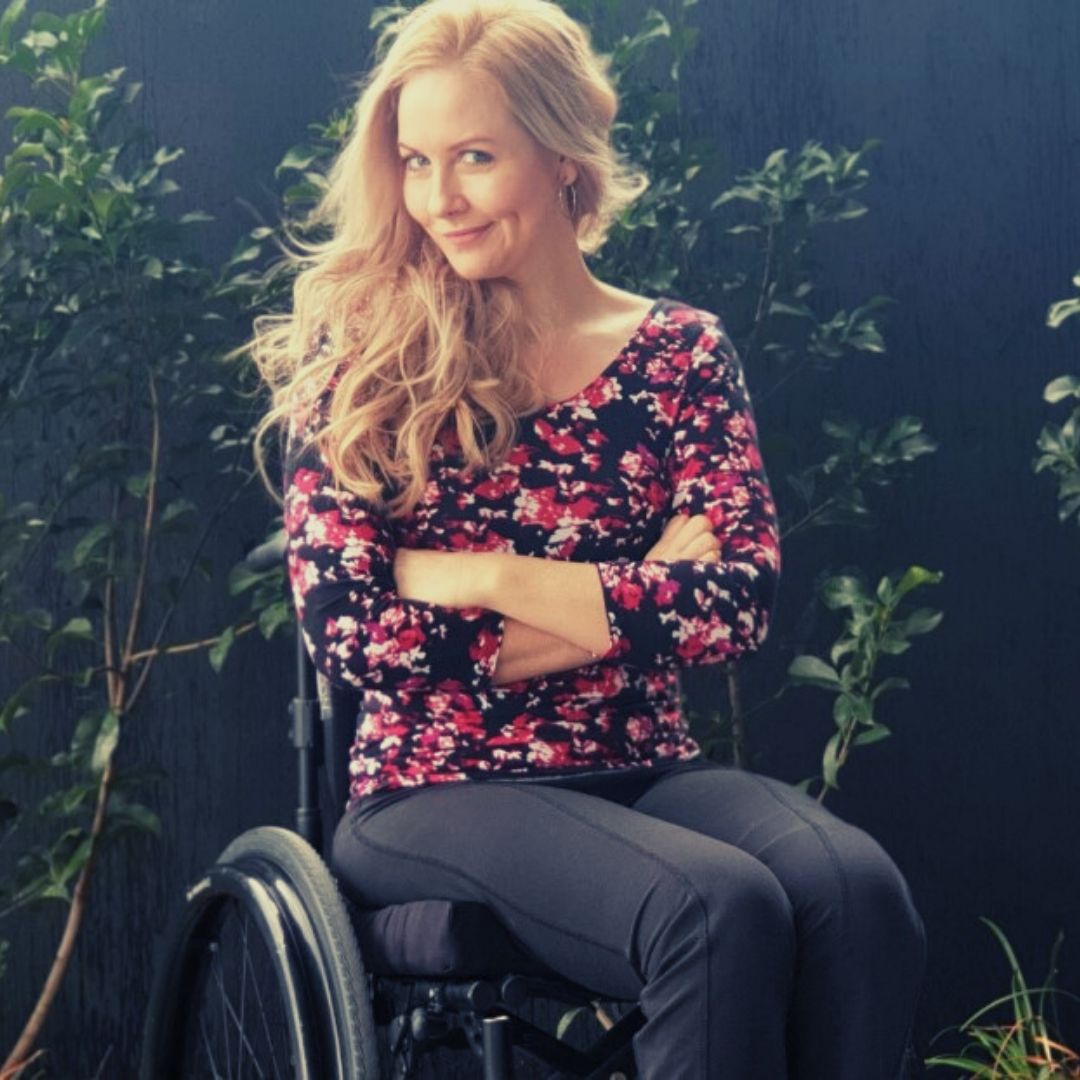
I’m going to make a controversial suggestion…
Isolation and quarantine isn’t really turning the entire world upside-down like we’re led to believe.
Just let me stop right there and make an important differentiation. The actual COVID-19 virus is definitely turning the world on its head.
It’s absolutely heartbreaking to hear of business closures or job losses and watch death tolls rise. Living in fear for ageing relatives and immune-compromised friends isn’’t fun for anyone.
But I’m not talking about the virus itself. COVID-19 really is that bad.
However, I’d argue that the resulting isolation and general loss of freedoms for Australian’s isn’t as bad as it’s being made out to be.
I know this contradicts what most journalists, commentators, government officials and others around the world have been telling us.
So let me explain why I firmly hold this point of view.
Those whose voices we primarily hear in COVID coverage are having an understandably tough time adjusting to the ‘new normal’ because it’s so incredibly far removed from what they’re used to.
Yes, it’s abnormal for everyone that industries, institutions and organisations are closed or that simple social gatherings are banned.
But for so many people around the world, this ‘new normal’ is really just a slightly adjusted version of their normal, everyday life.
I am one of those people and here are examples of the others I’m referring to:
- New mothers who haven’t left the house for months. Not because of COVID-19 but because caring for a newborn stopped them from going out long before the government’s isolation restrictions.
- Those living in rural or remote areas who have been socially distancing for years.
- Homeless people who weren’t attending social gatherings well before the pandemic.
- Those with disabilities or chronic health conditions whose social movements were already restricted months or decades before the health crisis.
- Elderly people who have been finding inventive ways to ‘keep busy and stop boredom’ for years since retirement.
- Those who have already been working from home for years and are generally carrying on with business as usual. Obviously this example changes if a woman is WFH while temporally home schooling!
- Migrants or refugees who, despite their best efforts to assimilate, don’t have wide social circles or local family so would only leave the house for food and medical supplies even if we weren’t in a pandemic.
- Individuals from another minority community for whom isolation is not a new concept. Such as an introverted and queer teenager.
No doubt there are many other groups and individuals that could be added to this list and obviously there will be exceptions to what I’ve put forward.
Let me be clear, this is not a game of comparison where the winner is whoever ‘has it worse’.
So why is this happening? Why are we only hearing about how isolation is turning ALL of our lives upside-down? (Again, please let me stress that I am talking about life in isolation and not the actual Coronavirus).
Before putting this piece together, I made contact with as many people as I could from the above list.
Each had a fairly similar story to tell that went something like, “what’s all the fuss about?! I’ve been in isolation for years and this new normal is just like my usual normal.”
The truth is, not everyone is having their world turned upside-down by isolation. It’s just that we only ever hear the voices of those who are.
We rarely, if ever, hear the voices of migrants, homeless, disabled, rural or other women who feel isolated from their community for another reason..
I’d hazard a guess that when all these minorities combine, they are the majority. Which means that ‘most’ people (including many groups that I haven’t listed above) aren’t freaking out at isolation nearly as much as the media is saying.
The solution – Why we need to hear these voices.
I don’t know about you but I’d love to hear a broader range of voices across mainstream media because we can all learn so much from them.
It’d be great to hear from someone in rural areas about coping with groundhog day. Or from an elderly person about how they’ve stayed happily occupied (without Instagram) over the decades.
I’d also love to hear from a new mum for tips about staying productive on only 2-hours sleep a night. Plus I’ve no doubt there’s a homeless person out there who would have great advice on how to combat boredom with limited access to technology.
But we’ll never hear any of their wisdom about coping with isolation while their voices are kept silently unpublished in favour of a single demographic.

